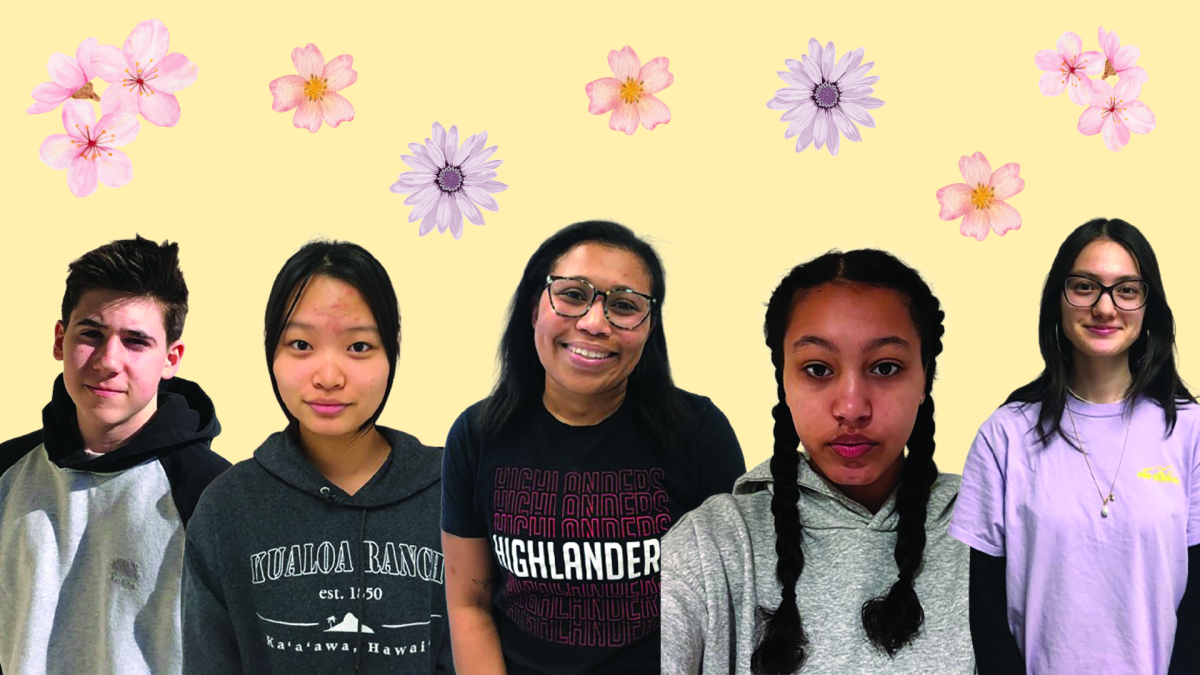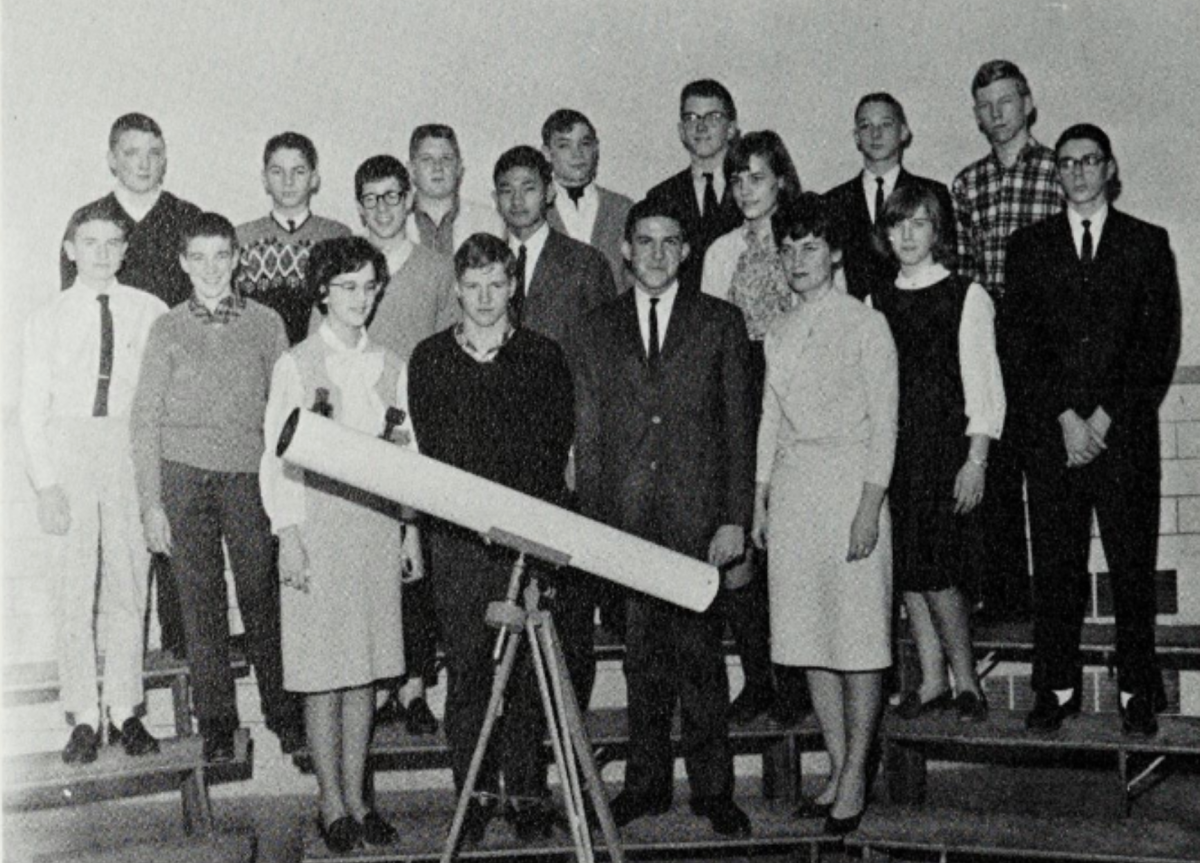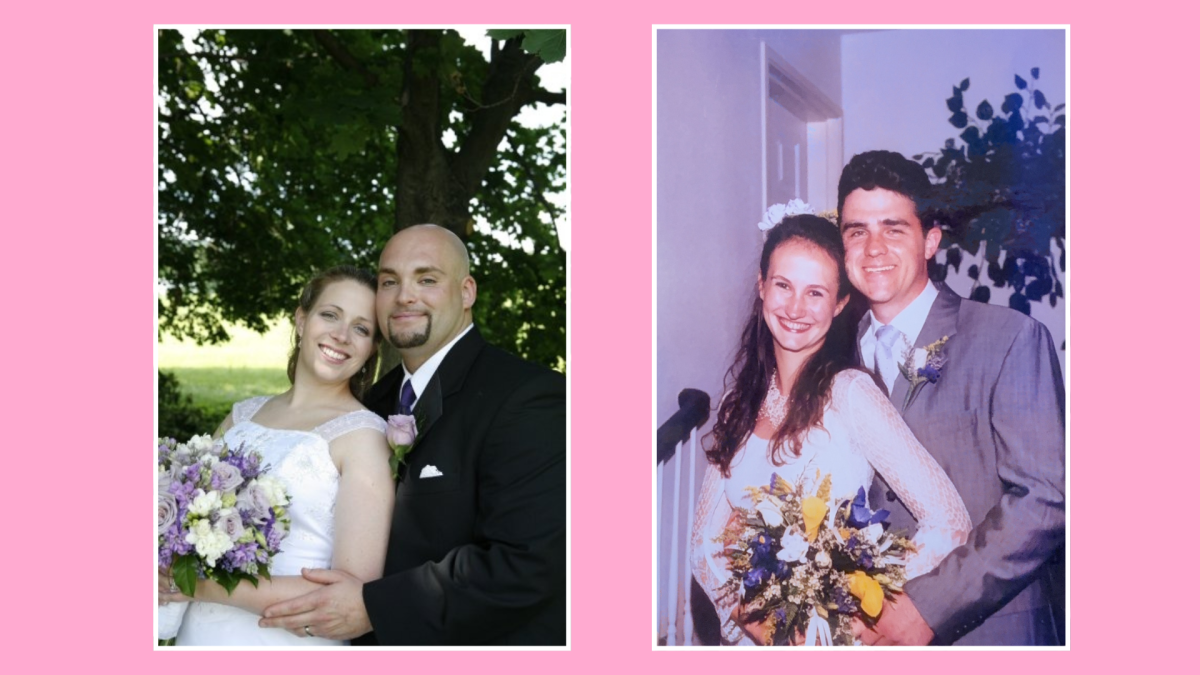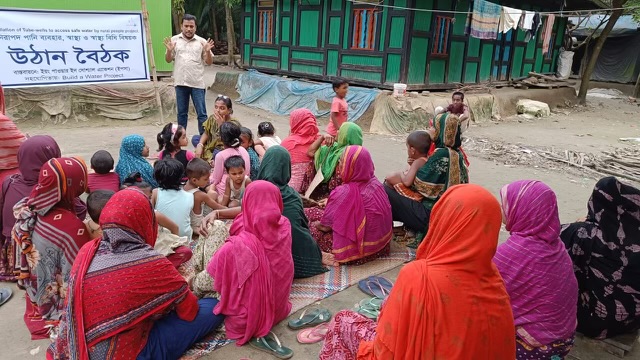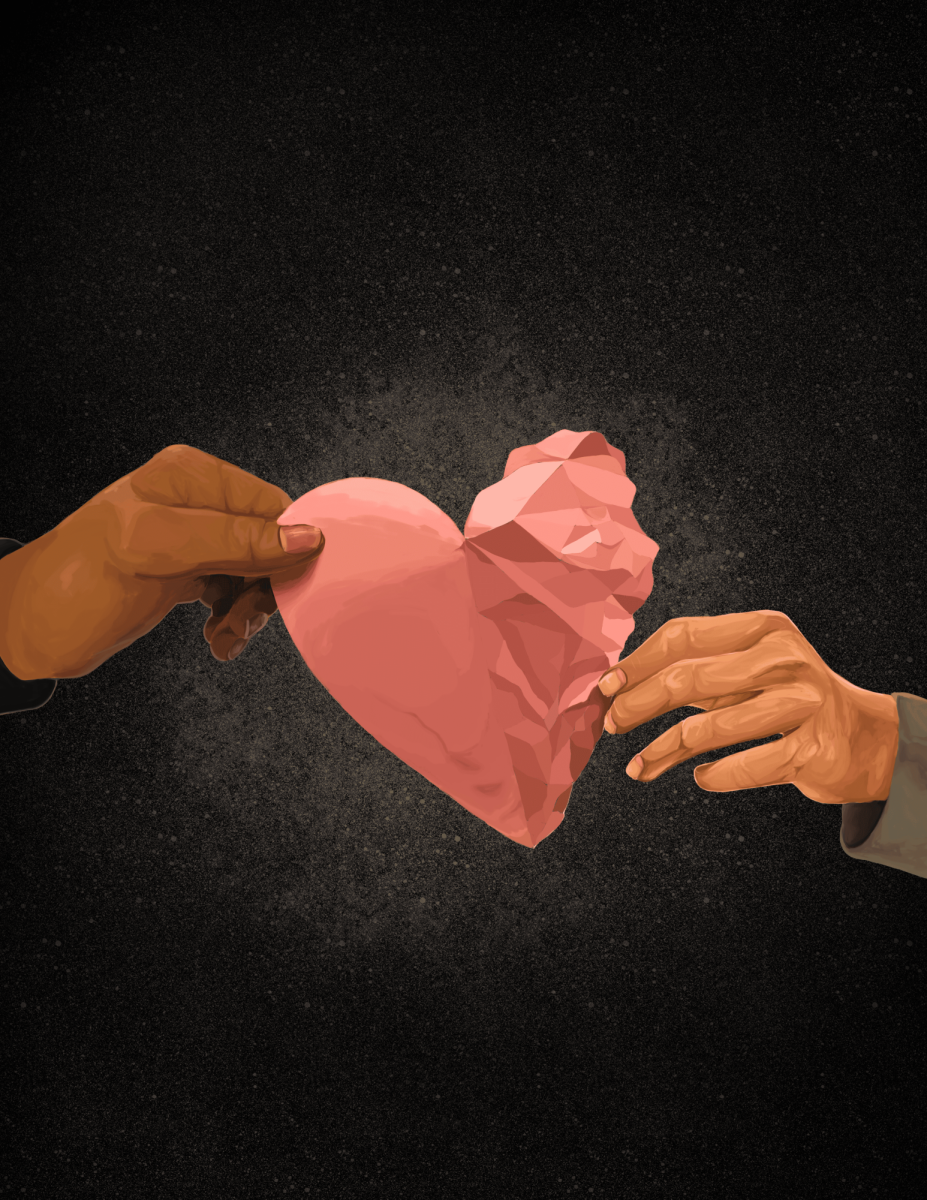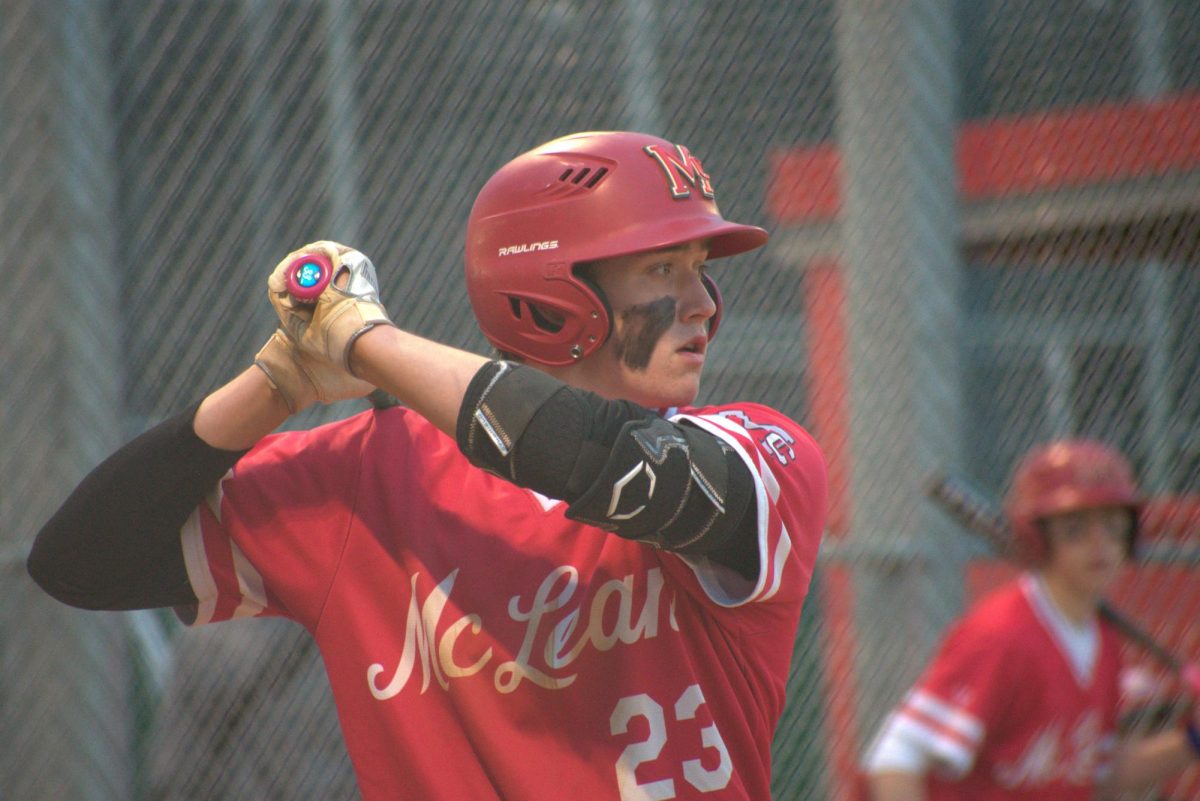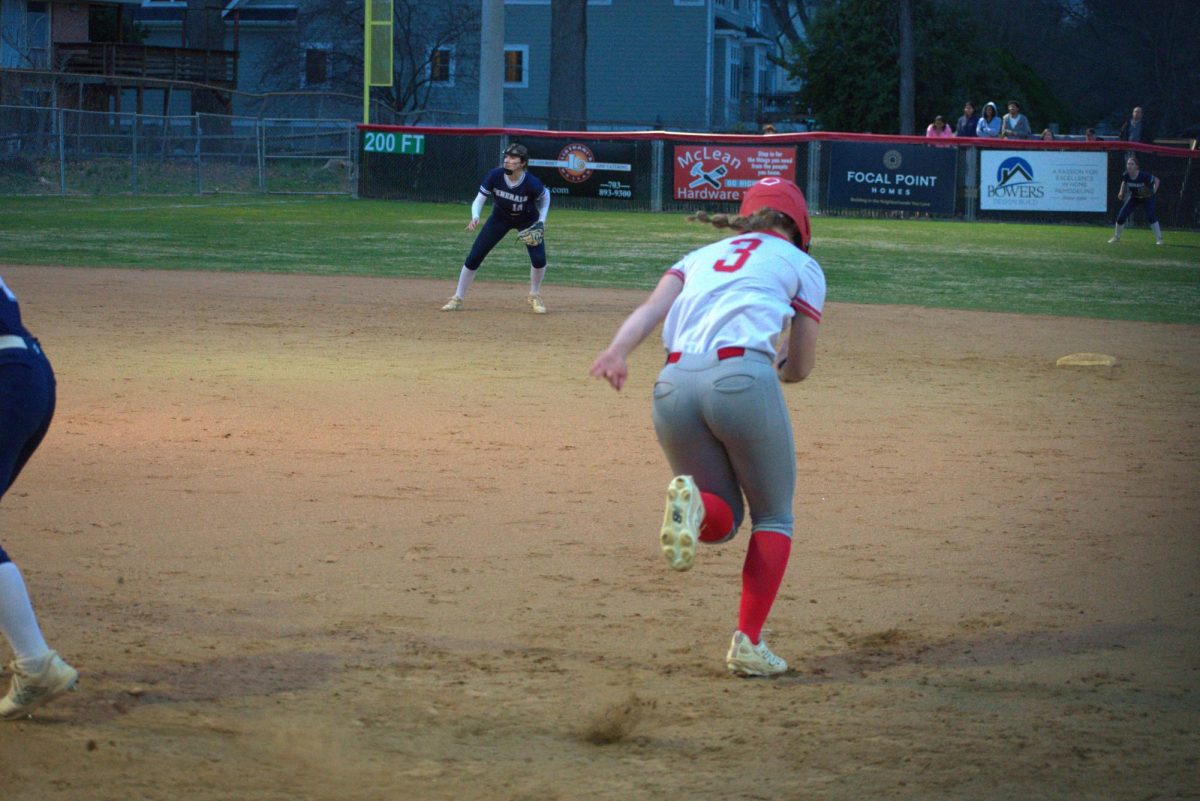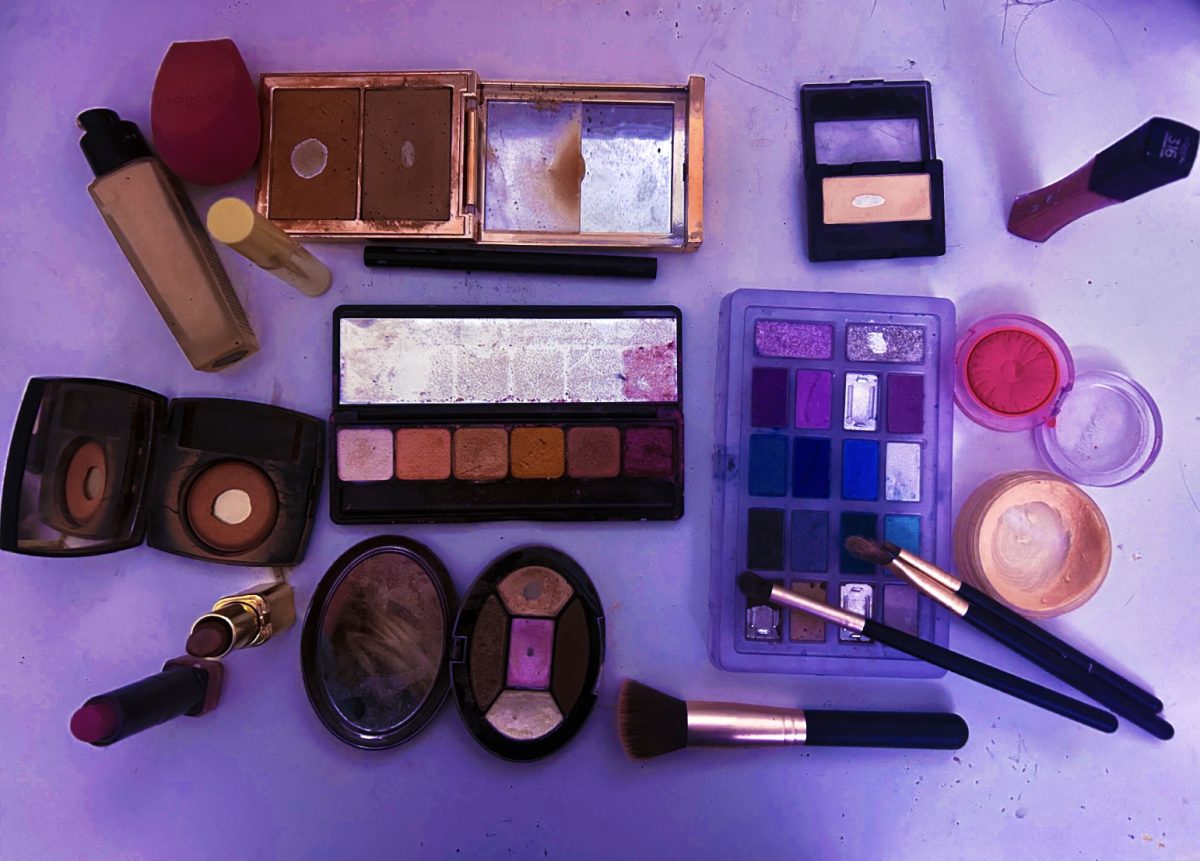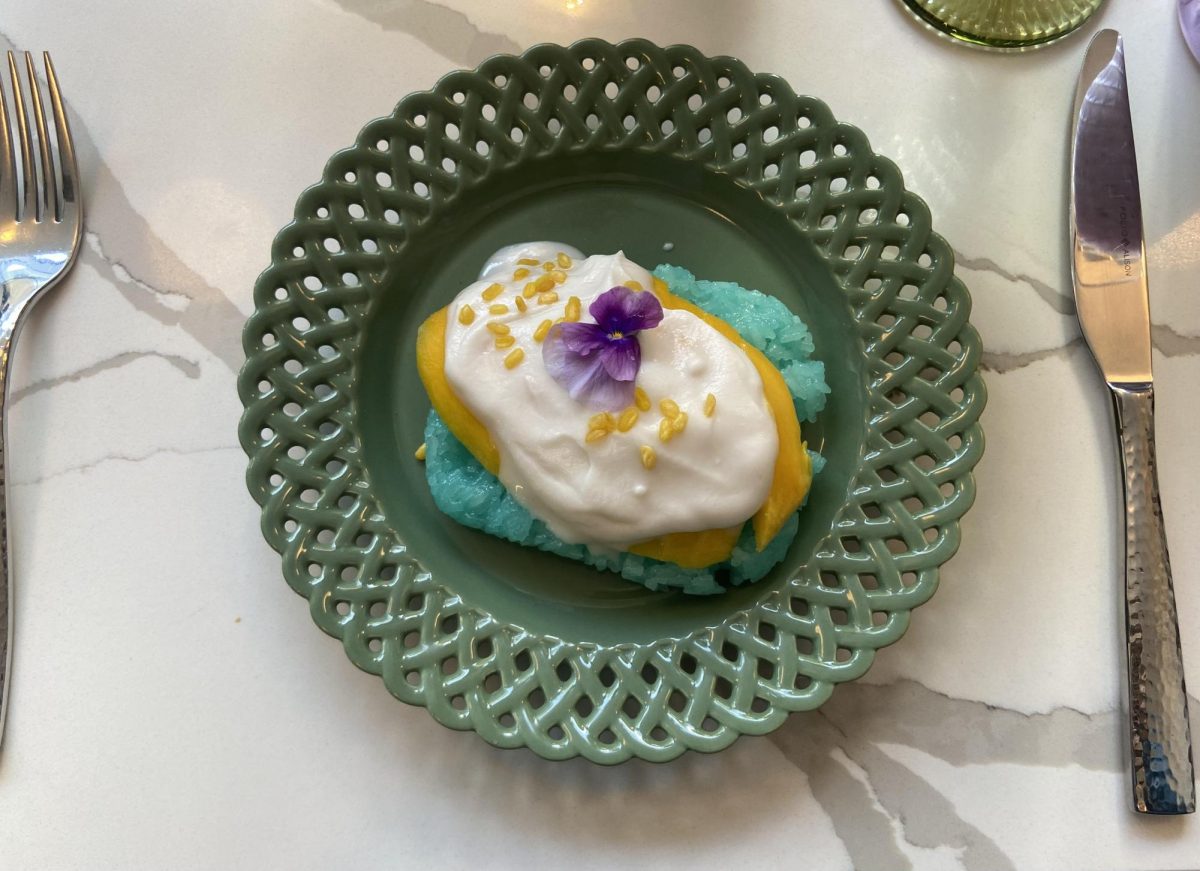Mr. Jones
Walking through the classroom doors with a bright smile and enthusiastic attitude in place, Sean Jones is prepared to teach his students. Regardless of the subject Jones teaches, whether it be Active Physics or International Relations, his past travels have shaped his longing to teach physics at McLean.
“[Teaching abroad] was probably the best decision I ever made in my life,” Jones said. “Not only did I become much stronger as a teacher, but I became much stronger as a person.”
After moving to Ono, Japan, Jones taught English, Physics, Science, Research and International Relations at Ono Senior High School for five years.
“I really enjoyed International Relations because I had never been able to teach [a humanities course] until then,” Jones said. “It was really cool taking current topics, like back when there were the Hong Kong riots against China, [that students] would hear about it in the news and then we would talk about it.”
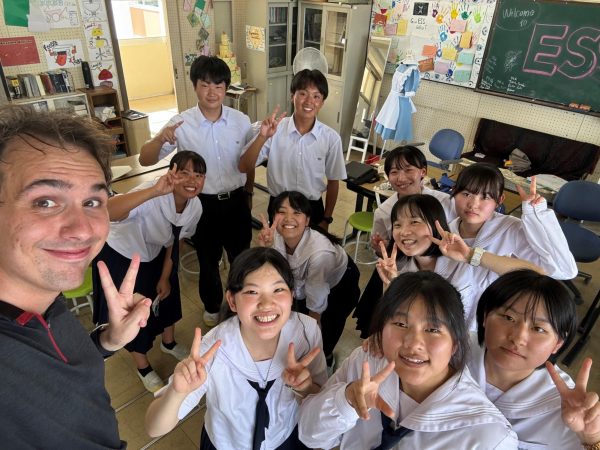
Japanese schools vary from American schools, as individual classes are composed of 40 students that don’t change classrooms. Instead, it is teachers who move from classroom to classroom throughout the day. The Japanese educational system is also more structured and only lasts three years, unlike the typical American four-year system.
“[Teachers] don’t get an equal number of all classes; [a teacher] might have classes that only meet once a week for 50 minutes,” Jones said. “That allows [students] to take many different types of classes, like Home Economics and Physical Education, which are mandatory all three [high school] years.”
Another major difference between the two countries is how they view the concept of individualism. The U.S. champions individuality, while Japan highlights collectivism and the importance of staying within the group without sticking out.
“There’s a phrase that says ‘the nail that sticks up gets hammered down.’ You do not want to stand out in Japan, it’s really awkward,” Jones said. “Students never volunteer and if I ask them to come and write on the board, you would have thought that I asked them to do something horribly embarrassing.”
Jones also learned from his time in Ono that different teaching styles suit different people and environments. For instance, in the U.S., students learn better when they are engaged in class discussions and activities, which is why more in-class social activities are better for them. In Japan, as students are more reserved, the teaching method of mostly writing notes about various subjects during class allows them to absorb the information better.
“I think every teacher should have to [teach abroad] honestly,” Jones said. “It is so good for you educationally and it rounds you out.”
Ms. Holleran
Hopping off a plane after a ten hour flight, Emma Holleran was filled with anxiety and excitement as she began her professional journey teaching English in the Czech Republic.
“I loved getting to connect with students from an entirely different culture and getting to learn from those students,” Holleran said.
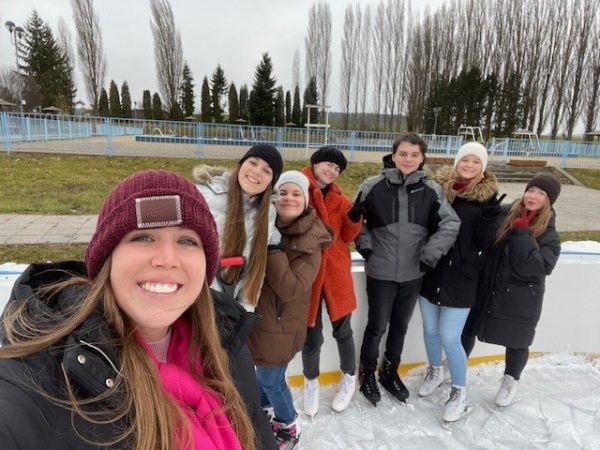
While using technology to supplement education has become a priority for schools in the U.S., the methods of teaching and the materials used are far more traditional in the Czech Republic.
“At the school I taught at, there wasn’t any Wi-Fi. We didn’t have projectors and students didn’t have laptops,” Holleran said. “ I had to go back to the roots of teaching: using a chalkboard and a piece of chalk and have students work that way.”
Culturally, in the Czech Republic, students tend to keep more to themselves and be private compared to American students. For instance, students will be more hesitant and shy in terms of participating in classroom discussions and activities.
“In Czech culture, people are a lot more formal,” Holleran said. “The students were all very lovely, they just took longer to adjust and warm up to a more relaxed style of teaching, rather than sitting at your desk doing a worksheet.”
The educational system in the Czech Republic greatly from that of the U.S. In the Czech Republic, it is customary to have vocational schools where students are required to choose their career and educational paths at an earlier age. Though there are high schools that prepare students for college, there are other institutions that prepare students to start their professional careers right after finishing high school.
“In my town, the vocations taught were car mechanics, agriculture and baking, so they were completely different schools where you take different classes with different teachers,” Holleran said. “If you get into the curriculum at the more academically-focused school, they learn all the same subjects we do here in America.”
Nevertheless, in both cultures, teachers can create close relationships with their students, getting to know each other’s interests, goals and personalities.
“Another big similarity is students wanting to bring their interests into the classroom and really making the class feel more special and unique,” Holleran said. “I got to learn about a lot of new interests that they have in the Czech Republic and witness the same level of joy and classroom community.”
Even after she left the Czech Republic, Holleran managed to keep close and personal relationships with her past students, maintaining the bond they forged during her year there despite the long distance.
“[The students and I] definitely had a very strong classroom community by the end of the year,” Holleran said. “I’m planning to go back to the Czech Republic and visit some students in the next year or two.”
Mr. Dwyer
Starting his morning off fresh, Joseph Dwyer prepared for another day in his classroom at the American School of Dubai in the United Arab Emirates (UAE). Similar to his class at McLean, Dwyer also taught AP Psychology in the UAE.
“The teaching style associated with the [AP Psychology] course was very similar,” Dwyer said. “Students liked the connections they could make to themselves and their environment within the course and it was designed to help them gain an appreciation for psychology as a science.”
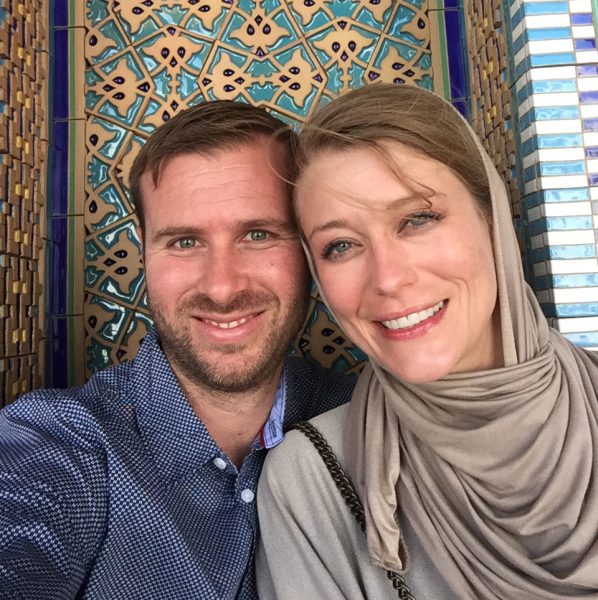
McLean is known for its competitive academic culture, sometimes to an extreme extent, as the American School of Dubai is no different.
“Both McLean and the American School of Dubai have very competitive students who want] to learn, which makes teaching easier at times but could also cause issues of stress and overextension on their parts,” Dwyer said.
In addition to AP Psychology, Dwyer also taught Comparative Religions and Islamic Civilizations, as the UAE is a Muslim country.
“The elective courses I taught were a much different teaching style than the AP courses,” Dwyer said. “They were courses where topics in Islam and different religions were introduced, but students would develop historical research questions to create projects showing their knowledge.”
While Dwyer was immersed in the culture of the UAE academically, he also integrated many of the nation’s customs into his daily life. He became adjusted to the many cultural differences of the two countries, opening his eyes to the many different systems of the world.
“I grew to enjoy waking up to the daily calls to prayer,” Dwyer said. “I also participated in fasting with my Islamic Civilizations students during Ramadan, which they appreciated.”
While many view the UAE as a strict and conservative nation compared to Western cultures, it is not entirely so. The UAE’s educational systems are designed to expose their students to as much world culture as possible. Dwyer and his students made several trips to countries such as Malaysia and England to immerse themselves in the artistic and environmentally-focused cultures of other countries.
“The best part of teaching abroad was going on the week long field trips abroad with students the week before Thanksgiving called ‘Inspire Week,’” Dwyer said. “Students got to choose from a variety of art, historical or adventure-based trips that teachers chaperoned them to.”
Whether it is teaching Islamic Civilizations or Psychology courses, going on field trips or helping students with their research projects, Dwyer has several novel takeaways from his educational and personal experiences abroad.
“Teaching abroad opened my eyes to points of view about different types of political and religious systems that I never had thought of, since I had never been exposed to such a degree,” Dwyer said.



